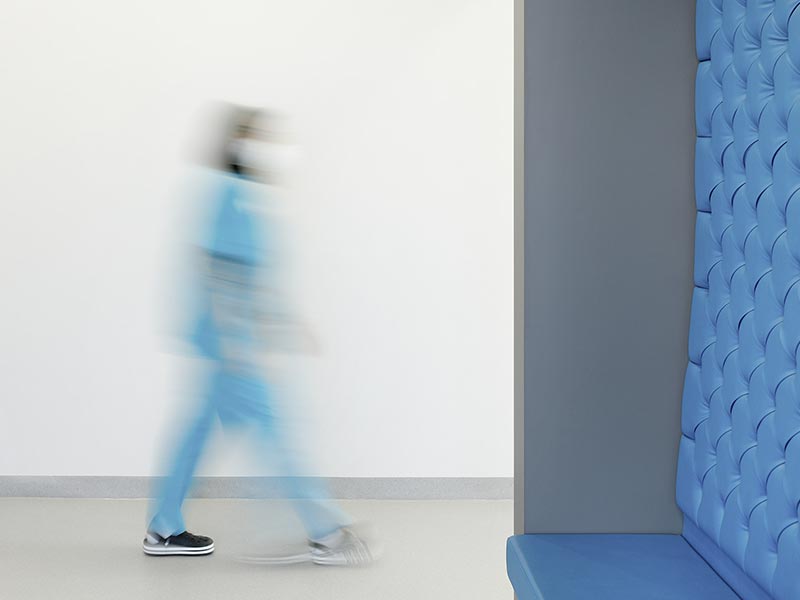Apheresis for long-COVID (long-haul COVID)
There is growing evidence suggesting that apheresis therapy may represent a therapeutically meaningful and effective approach for patients with Post-COVID Syndrome (PCS).
„In summary, the current study provides further evidence that IA is effective in ME/CFS. This result warrants further studies of repeat IA therapy to maintain clinical remission, as shown for other autoimmune diseases“
Tölle et al. J. Clin. Med. 2020
The underlying pathophysiological rationale is as follows: the SARS-CoV-2 infection may induce the formation of autoantibodies targeting neurotransmitter receptors. Therapeutic apheresis can eliminate these autoantibodies, allowing neurotransmitters to once again bind to their receptors—potentially alleviating PCS symptoms.
A current guideline by the German AWMF (Association of the Scientific Medical Societies) for the treatment of Long/Post-COVID recommends the use of plasmapheresis in cases of neurological manifestations (i.e., ME/CFS) with detectable autoantibodies:
15.3 Treatment Options:
If there is evidence of an autoimmune neurological manifestation with the presence of autoantibodies, treatment with intravenous immunoglobulins, corticosteroids, or plasmapheresis should be considered.
AWMF S1-Guideline Long/Post-COVID (as of 17 August 2022)
Own Study Data
Source / Publication: DOI 10.1055/a-2445-8593
In our single-center study involving 20 patients with Post-COVID Syndrome, we investigated the efficacy and tolerability of therapeutic apheresis. All participants suffered from persistent and in some cases severely debilitating symptoms following a COVID-19 infection.
Over the course of treatment, approximately two-thirds of the patients reported subjective improvement—particularly in symptoms such as fatigue, cognitive dysfunction, and circulatory problems. However, a complete remission of symptoms was not observed in any of the participants. Around one-third of patients showed no significant clinical benefit.
Laboratory analyses revealed a notable reduction in pathological parameters, including autoantibodies against G-protein coupled receptors, elevated inflammatory markers, and lipid levels.
Our findings suggest that therapeutic apheresis may provide symptom relief for a subset of patients with Post-COVID Syndrome. Nevertheless, the small sample size, lack of a control group, and the highly variable nature of PCS symptoms underscore the need for further controlled studies to properly assess the efficacy and long-term outcomes of this treatment approach.
Critical Perspective – Contradictory Evidence
Recent study results (DOI: 10.1038/s41467-025-57198-7) paint a more skeptical picture.
In a randomized, controlled trial involving 50 Post-COVID patients, therapeutic plasma exchange (TPE) did not show significant improvement in symptoms compared to the control group.
The authors highlight the importance of further research to evaluate both the efficacy and safety of apheresis in the context of Post-COVID treatment.

